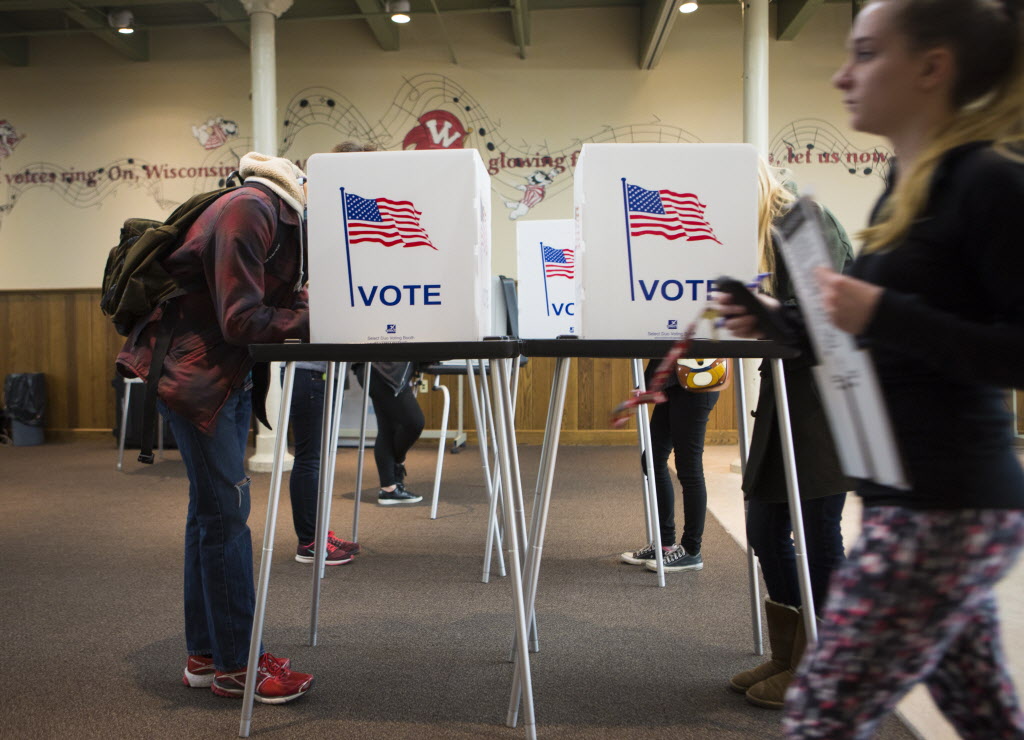Challengers Mandela Barnes and Tim Michels both saw post-primary bumps in the first Marquette University Law School Poll since they won their parties' nominations for U.S. Senate and guv.
Fifty-one percent of registered voters surveyed backed Barnes, the Dem lieutenant governor, in the U.S. Senate race over Republican Ron Johnson, who was favored by 44 percent.
In June, it was 46-44 for Barnes.
Me...
Please log in to access subscriber content.
If you don't have a subscription, please contact schmies@wispolitics.com for subscription options on the WisPolitics-State Affairs platform, which is the new home for WisPolitics subscriber products.


